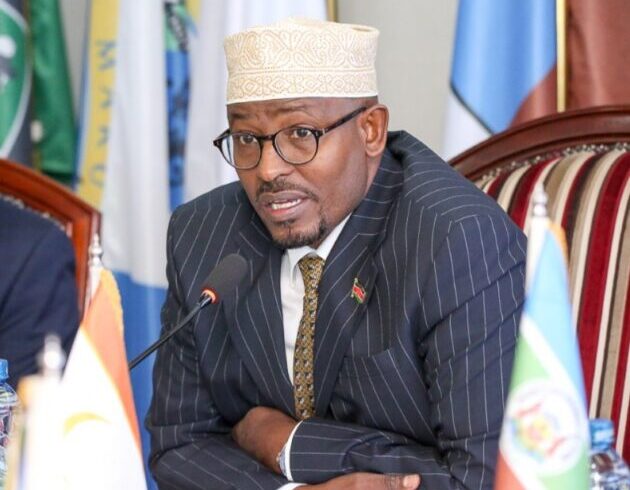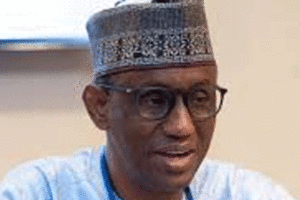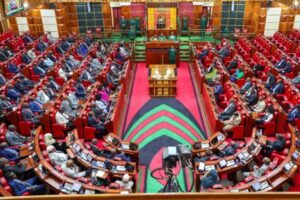
NAIROBI, Kenya, Sep 1 – Governors have called for the suspension of the Electronic Government Procurement (e-GP) system until proper consultations and capacity building are undertaken.
In a statement issued Monday, Council of Governors (CoG) Chair Ahmed Abdullahi said the new procurement system, introduced by the National Treasury, had been enforced hastily and was already disrupting service delivery in counties.
“The roll-out was hasty, marred with inconsistencies and has disrupted service delivery in counties,” he said after an extraordinary council meeting in Nairobi,
“Only three counties participated in the pilot, yet the system was enforced nationally before addressing the gaps identified.”
The council noted that the lack of adequate sensitization and training had paralyzed procurement processes, particularly in critical sectors such as health.
The CoG pointed out that the e-GP system, as currently implemented, undermines the “distinct status” of County Governments as provided in the Constitution,” Abdullahi stated.
He urged the Treasury to withdraw the directive until legal alignment and capacity building are completed.
The governors emphasized that consultations between the two levels of government were a constitutional requirement, warning that unilateral directives risk undermining devolution and service delivery.
“This is what our Constitution demands. As County Governments, we remain committed to upholding the principles of national values and principles of governance as enshrined under Article 10 of the Constitution in service delivery,” he stated.
On Sunday President William Ruto ruled out any reversal of the government’s electronic procurement system, insisting it will remain in place despite growing opposition.
Ruto defended the platform as the most effective tool to eliminate corruption in the acquisition of government goods and services.
“Many people are used to getting corrupt tenders, something worth two shillings, we buy for ten shillings as a government because of corrupt procurement there with quotations and so on and so forth,” Ruto said.
“We have said we are putting this e-procurement in place, so that everybody can know how much an item was bought for and who sold it to the government. And why did the person with two shillings not get that tender, but the person with ten shillings did? That is what we want to do.”
He dismissed critics, saying no amount of intimidation or blackmail would compel the government to abandon the system.
“I know there is resistance from procurement officers and accounting officers, they do not want this because they want to continue with the old corruption.”
“That is why they are writing headlines, oh, I don’t know, embezzlement, I don’t know, 5 billion, I don’t know what. You, with your corruption, your headlines, and your graft, cannot stop us from ensuring that government money is used as it should be. And we are going to implement in procurement. There is no going back,” The President explained.
The rollout of the mandatory e-procurement system has sparked mixed reactions, with a section of MPs and Governors voicing strong objections.
The e-Government Procurement (e-GP) system was officially launched on April 7, 2025, and is set to become the sole platform for all public procurement processes across Ministries, Departments, and Government Agencies (MDAs) starting from the 2025/26 financial year.
According to the National Treasury Cabinet Secretary John Mbadi, the system is expected to save the country up to Sh50 billion annually by curbing procurement-related fraud and inefficiencies.
The e-GP system digitizes the entire procurement process—from planning and bidding to contract management and payment.
Suppliers are required to register on the platform, submit bids online, and track the status of tenders and contracts.





